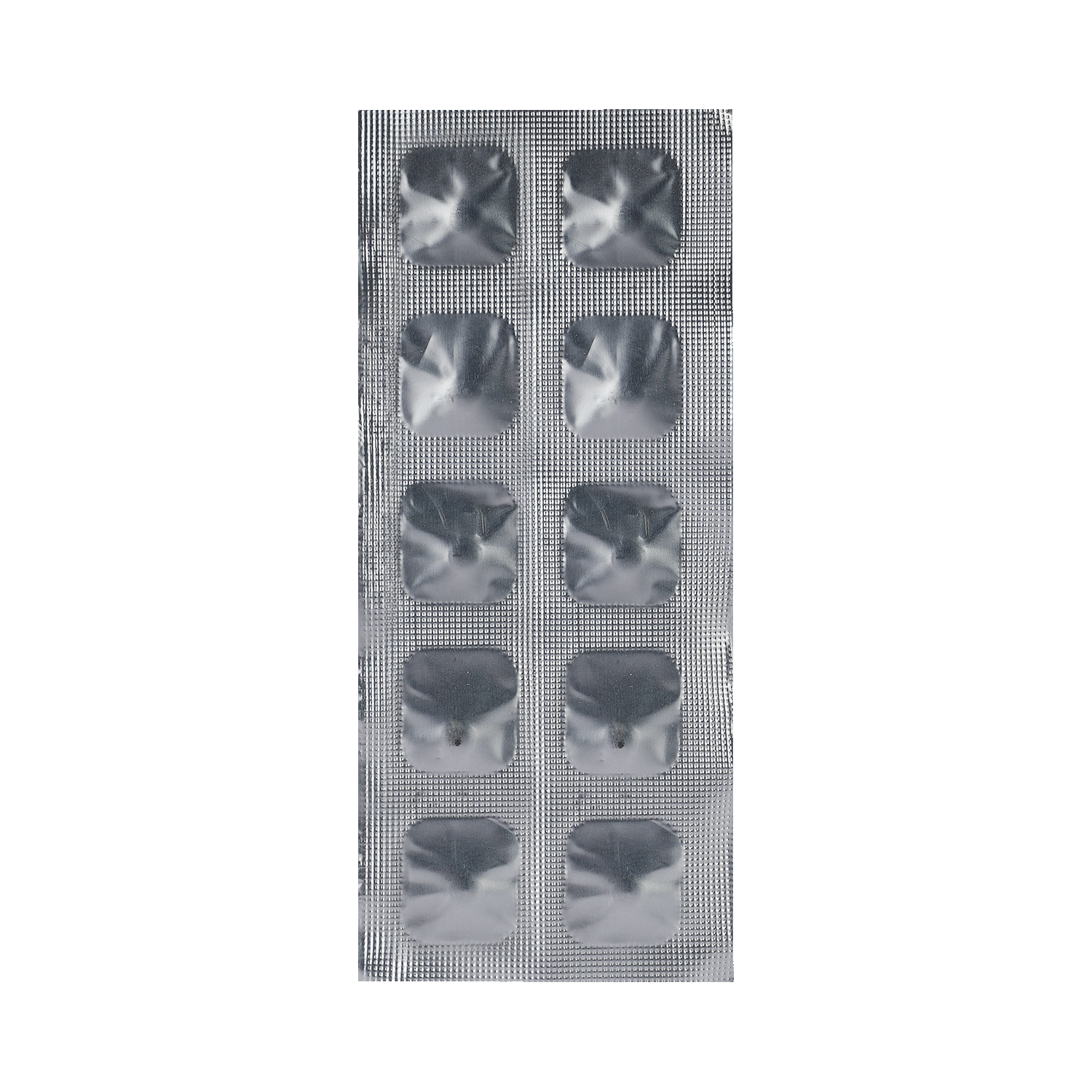
Granitero 1mg Tablet
Manufacturer
Hetero Drugs Ltd
Salt Composition
Granisetron (1mg)
Key Information
Short Description
Granitero 1mg Tablet is an antiemetic medicine commonly used to control nausea and vomiting caused due to any surgery, cancer drug therapy, or radiotherapy.
Dosage Form
Tablet
Introduction
Granitero 1mg Tablet will not relieve other side effects associated with cancer treatments. It also has little effect on vomiting caused by motion sickness. You should take this medicine in the dose and duration advised by your doctor. But it is better to take this medicine at a fixed time. Remember you should not stop taking this medicine suddenly without talking to your doctor. In case you vomit within one hour of taking a dose then take another dose and avoid heavy meals throughout the day. The most common side effects of taking this medicine include headache, constipation, diarrhea, and weakness. Dizziness and sleepiness may also occur so do not drive or do anything that requires mental focus until you know how this medicine affects you. These symptoms should disappear when you stop taking the medicine but if they bother you or do not go away your doctor may be able to suggest ways of preventing or reducing them.
Directions for Use
Take this medicine in the dose and duration as advised by your doctor. Swallow it as a whole. Do not chew, crush or break it. Granitero 1mg Tablet may be taken with or without food but it is better to take it at a fixed time.
Safety Information
Side Effects
Headache Constipation Diarrhea Weakness Dizziness Sleepiness
Alcohol Warning
It is not known whether it is safe to consume alcohol with Granitero 1mg Tablet. Please consult your doctor.
Breastfeeding Warning
Granitero 1mg Tablet is probably safe to use during breastfeeding. Limited human data suggests that the drug does not represent any significant risk to the baby.
Pregnancy Warning
Granitero 1mg Tablet is generally considered safe to use during pregnancy. Animal studies have shown low or no adverse effects to the developing baby; however, there are limited human studies.
Interacting Medicines
Codeine Dextropropoxyphene Nalbuphine Pentazocine
How it works
Granitero 1mg Tablet is an antiemetic medication. It works by blocking the action of a chemical messenger (serotonin) in the brain that may cause nausea and vomiting during anti-cancer treatment (chemotherapy) or after surgery.
Quick Tips
You have been prescribed Granitero 1mg Tablet for prevention of nausea and vomiting caused after surgery or due to chemotherapy and radiotherapy. It is fast-acting and starts working within 30 minutes. If you vomit within one hour of taking a dose take another dose. Avoid heavy meals and try eating small nourishing snacks throughout the day. Also sip water regularly to help avoid dehydration.
Related Medicines

Grandem 1 Tablet

Grandem 1 Tablet

Granimet 1mg Tablet

Zetron 1mg Tablet

Grantis 1mg Tablet

Cadigran 1mg Tablet

Vomiclose 1mg Tablet

Gratron Tablet

Nusigran Tablet

Granirex 1mg Tablet
Frequently asked questions
What is Granitero 1mg Tablet used for?
Granitero 1mg Tablet is an antiemetic medication used to relieve nausea or vomiting caused by surgical procedures, certain medications, stomach upset, or cancer treatment. It may also help prevent nausea related to motion sickness.
What are the side effects of Granitero 1mg Tablet?
Common side effects of Granitero 1mg Tablet include drowsiness, weakness, headache, constipation, and diarrhea. However, these effects typically subside on their own and may not be bothersome. If you experience persistent or worrisome symptoms, consult your doctor. They can provide guidance on managing these side effects and prevent them from recurring.
Is Granitero 1mg Tablet safe for use during pregnancy?
Animal studies have not shown adverse effects associated with Granitero 1mg Tablet in pregnant women. However, its safety and efficacy in human pregnancies remain unknown. Therefore, it is not recommended for use by pregnant women or those planning to conceive without consulting their doctor.
Is Granitero 1mg Tablet better than Ondansetron?
Both Granitero 1mg Tablet and Ondansetron are serotonin 5-HT3 receptor antagonists, effective in preventing nausea and vomiting. However, some studies suggest that Granitero 1mg Tablet may be more effective than Ondansetron. It is reported to be easier to take, provides faster relief from nausea and vomiting, and has potentially fewer side effects.
Does Granitero 1mg Tablet cause constipation?
Yes, Granitero 1mg Tablet may lead to constipation as a common side effect. This is usually not severe. Consuming a fiber-rich diet can improve digestion and help prevent constipation. In case of difficulty, laxatives or increased water intake can be beneficial. Avoiding alcohol consumption might also lessen the risk of constipation.


